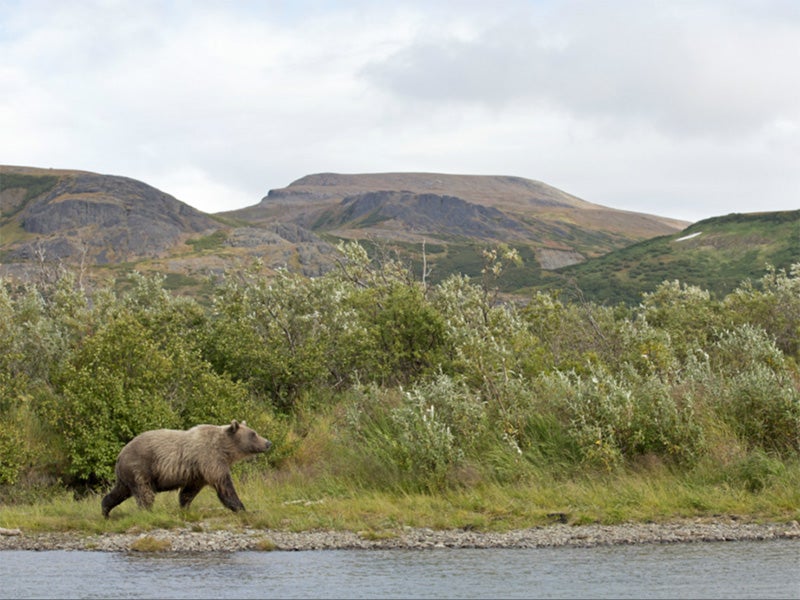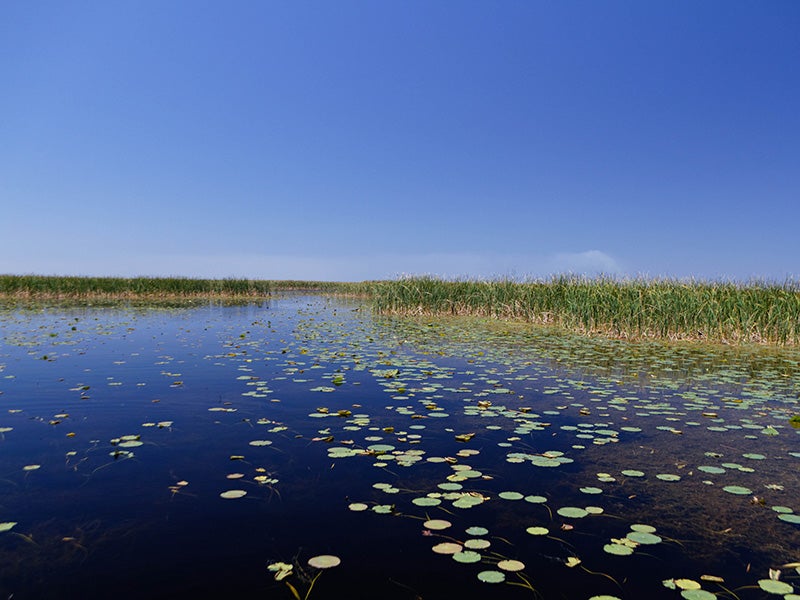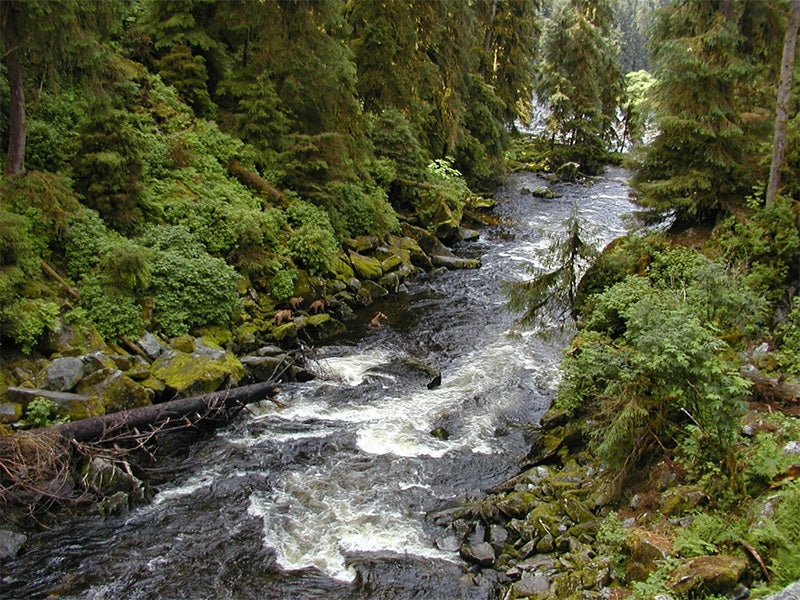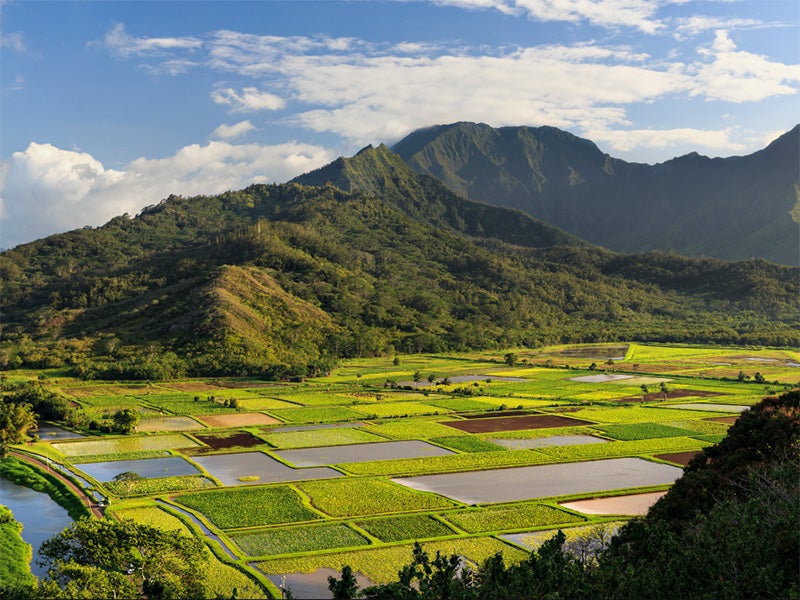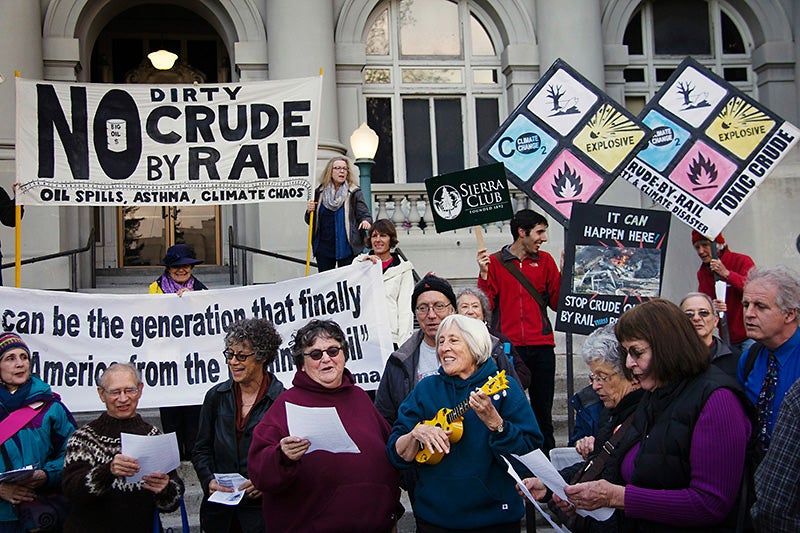Uncategorized
A Film to Kindle the Rebel in All of Us
The documentary film “Rebels With a Cause” depicts fight to stop the development of national lands.
Read MoreSpotlight: Threats to Waterways, Children, Species
Earthjustice litigation and policy work is targeting a number of looming or ongoing environmental threats.
Read MoreMore Investors Pull Out of Maligned Pebble Mine
The unpopular Alaskan mine project meets obstacles.
Read MorePolluting of Lake Okeechobee Must End, Court Rules
Backpumping by industrial agricultural operations is allowing pollutant-laden waters into drinking water sources.
Read MoreWhat Has Been Causing These Historic Droughts?
The Showtime series explores links between climate change, drought and war.
Read MoreUrgency Grows in Panama as Dam Building Continues
The indigenous people had no voice in losing their land to the Barro Blanco dam.
Read MoreOne Step Forward, One Back for America's Rainforest
Will the plight of a rare Alaskan wolf save the Tongass, our largest national forest?
Read MoreAnother Victory For Public Rights In Water Resources
The Hawaiʻi Supreme Court recently issued another landmark decision on water resources and the public trust. The case, Kauai Springs v. Kauai Planning Commission, involved a company bottling and selling spring water on the island of Kauaʻi.
Read MoreExplosive Crude-By-Rail Rolls Into Main Street America
Concerned communities are fighting back.
Read MoreTwo Legal Giants Pass
Sive and Sax helped shape the world of environmental law.
Read More

